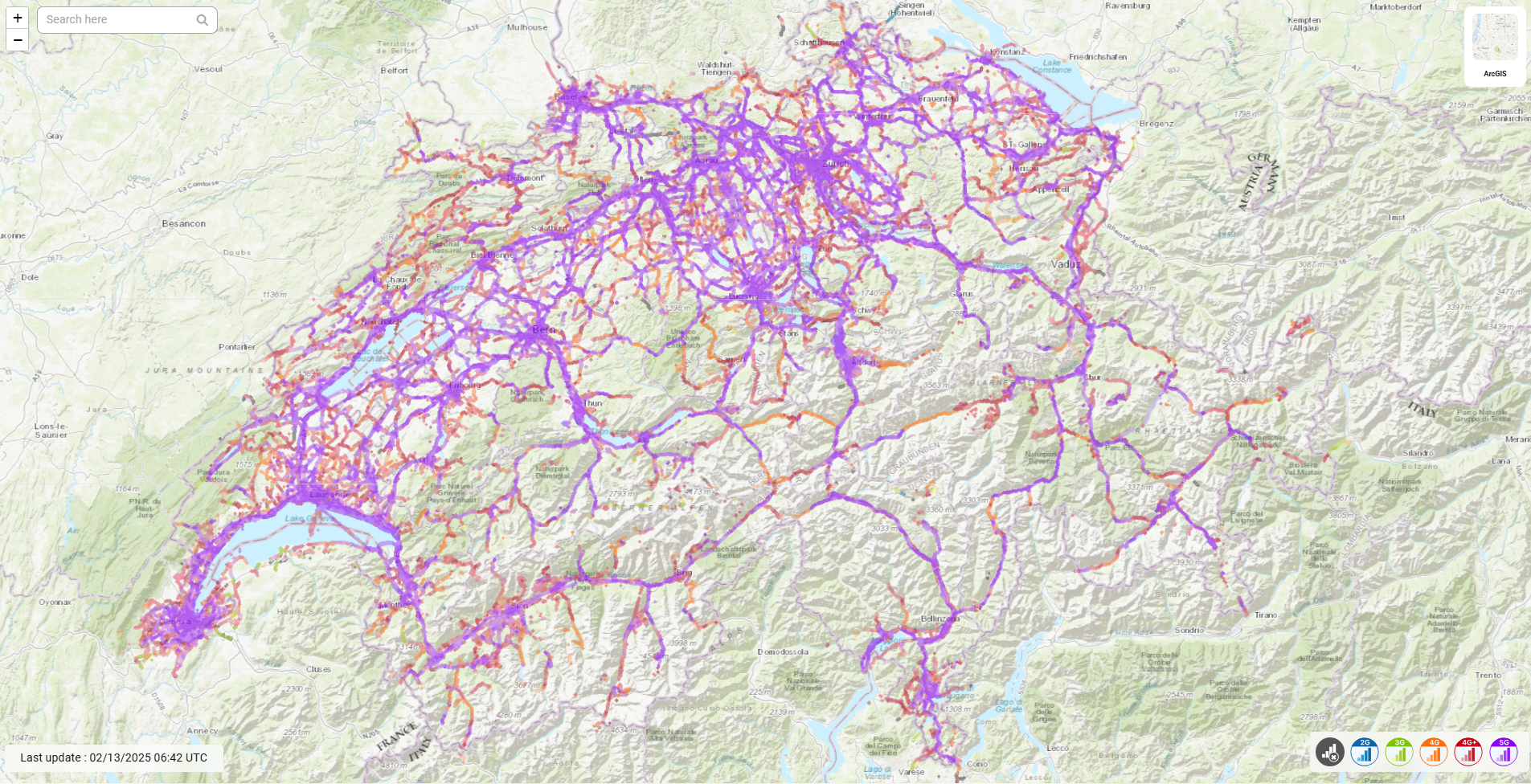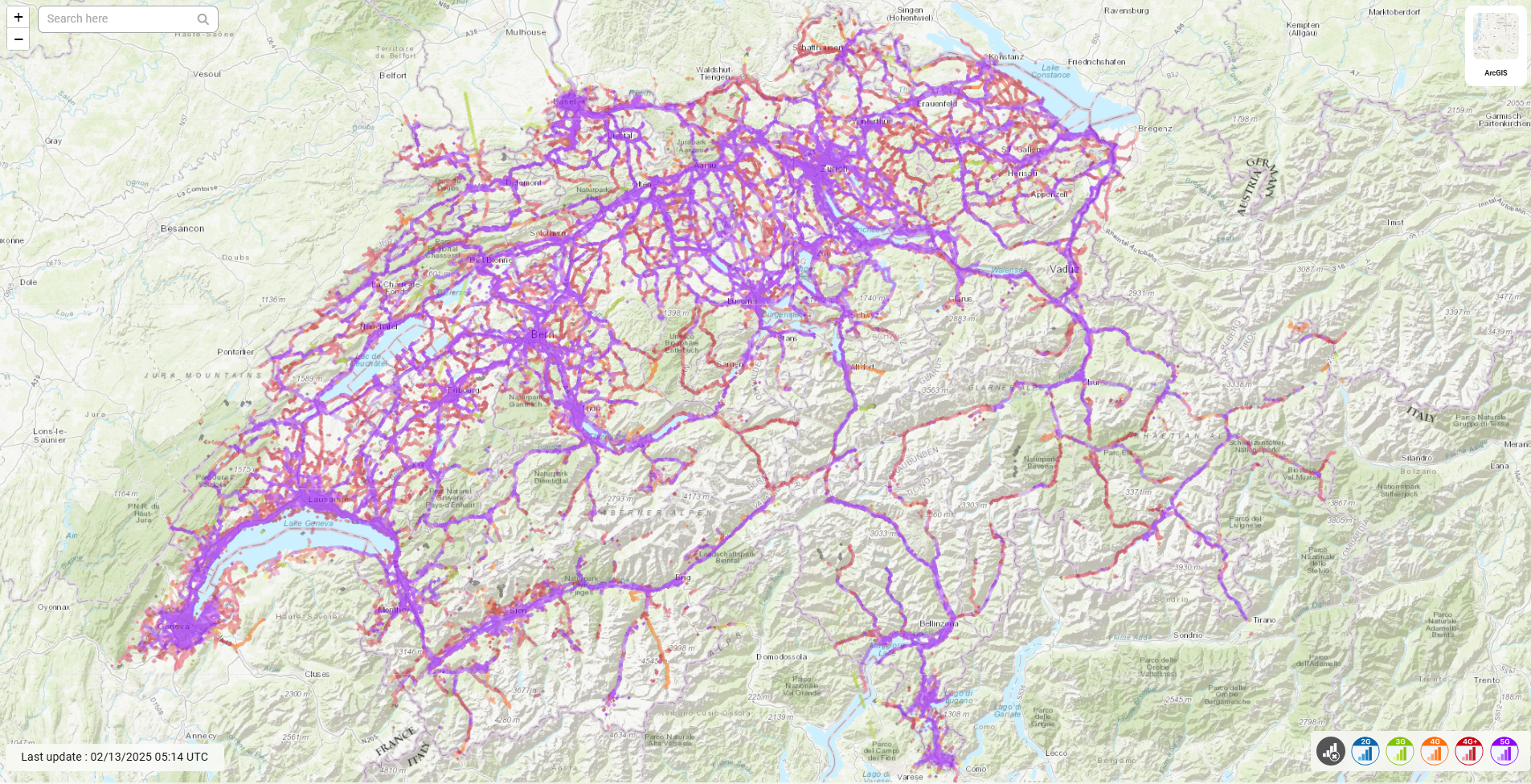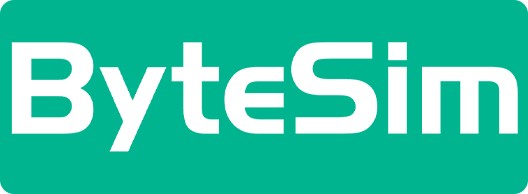モバイル接続:スイスで携帯電話を使用する方法
Feb 14,2025 | Milo
目次
海外旅行や出張の準備をする際に、まず頭に浮かぶことの一つは、海外で携帯電話をどのように使うかということです。幸いなことに、スイスでもインターネットに接続できる方法がいくつかあります。そうすれば、母国と同じように携帯電話を使うことができます。このガイドでは、スイスで携帯電話を使うために必要なことをすべて解説します。
一見簡単そうに見えますが、自分に最適なオプションを見つけるには、考慮すべき要素がたくさんあります。でも、ご安心ください!すべてを詳しく説明します。
私の携帯電話はスイスで使えますか?
ほとんどの場合、答えは「はい」です。スイスでも自分の国と同じように、通常どおりスマートフォンを使用できます。ただし、スイスでの携帯電話の利用には、いくつかの要因が影響する場合があります。
まず、お使いの携帯電話がスイスのネットワーク周波数と互換性があるかどうかを確認してください。この情報は、旅行中のインターネット接続速度を判断するために不可欠です。確認する最良の方法は、携帯電話会社に直接問い合わせることです。
さらに、お使いの携帯電話がSIMロック解除されているかどうかも確認する必要があります。SIMロックが解除されていない場合、自宅で使用しているネットワークとは異なるインターネットネットワークに接続することはできません。この点を確認するには、通信キャリアに問い合わせるか、自分で確認することができます。以下に、確認手順を説明します。
元のプランはスイスでも使えますか?
ほとんどの通信事業者は、ユーザー向けに他国でのローミング サービスを提供しています。インターネット データ ローミングは、SIM カードを交換する必要がなく、何もする必要がないため、ユーザーにとって非常に便利です。元の SIM カードを使用してスイスのネットワークにアクセスできます。メッセージの送信、通話の発信、モバイル データの使用もスイスのネットワーク経由で行えます。
ただし、滞在日数が長くなるとローミング料金が高額になります。予期せぬ高額なローミング料金の請求書を受け取りたくない場合は、インターネット ローミング サービスと料金について通信事業者に必ず確認することをお勧めします.
---> ローミング料金を節約する方法.
スイスのモバイルネットワーク事業者
旅行者、駐在員、地元住民のいずれであっても、上位3つのプロバイダー(Swisscom、Sunrise、Salt)のサービスエリアを理解することは、最適なオプションを選択するのに役立ちます。
Salt Mobile
Saltは、競争力のある価格設定と強力な都市部サービスエリアで知られています。ネットワークは拡大していますが、遠隔地や山岳地帯のサービスエリアは他のプロバイダーほど広くない場合があります。主に都市部に滞在する、予算重視のユーザーにとって良い選択肢です。

- サービスエリア:Saltのネットワークカバレッジは、他の2つのプロバイダーと比較して比較的弱いです。主に大都市(チューリッヒ、ジュネーブ、ベルンなど)と主要な交通ルートをカバーしています。
- 死角:スイスアルプスなどの田舎や山岳地帯はカバレッジが悪く、信号が途切れる可能性があります。
- 最適なユーザー:主に都市部または都会に滞在するユーザー。田舎や山岳部に頻繁に旅行する場合は、接続の問題が発生する可能性があります。
- コスト効率:Saltは一般的に最も予算に優しいオプションであるため、都市部に滞在しながら低コストのプランを探している人に適しています。
Sunrise Mobile
Sunriseはバランスの取れたネットワークを提供し、都市部と田舎の両方で強力なカバレッジを提供します。5Gの利用可能性と国際ローミングオプションで特に人気があります。 Sunriseは、旅行者や大都市以外で安定した接続を必要とする方に最適です。

- カバレッジエリア:SunriseはSaltよりも広いカバレッジを誇り、都市、町、主要道路沿いで強い信号が届きます。スイスの東部と南部では良好なパフォーマンスを発揮します。
- 山岳地帯のカバレッジ:Saltと比較して、Sunriseは山岳地帯でのカバレッジが優れていますが、高地.
- 最適なユーザー:都市と一部の遠隔地を含む全国的なカバレッジを必要とするユーザー。 Saltよりも信頼性の高いオプションです。
- ネットワーク品質:安定した4Gおよび5G接続を提供し、より高速で信頼性の高いモバイルデータ速度を必要とするユーザーに最適です。
Swisscom Mobile
Swisscomはスイス最大かつ最も信頼性の高いモバイルネットワークプロバイダーであり、全国で最高のカバレッジ and 最速の速度を誇っています。山岳地帯などの遠隔地でのシームレスな接続を必要とするユーザーに最適です。ただし、SaltやSunriseよりも高価になる傾向があります。

- カバレッジエリア:Swisscomはスイス最大のモバイルプロバイダーで、都市、町、さらには農村地域にまで最も広範なカバレッジを提供しています。
- 山岳地帯のカバレッジ:Swisscomはスイスアルプスやその他の遠隔地で最高のカバレッジを提供し、旅行者、ハイカー、アウトドア愛好家に最適なオプションとなっています。
- 最適なユーザー:農村部や山岳地帯を含むすべての地域で最高の信号カバレッジを必要とするユーザー。
- ネットワーク品質:Swisscomは5Gネットワークの拡張性と速度でリードしており、ビジネスプロフェッショナル、リモートワーカー、ヘビーデータユーザーに最適です。
- 価格:一般的にSaltやSunriseよりも高価ですが、高いコストは、より良いネットワーク品質とカバレッジを反映しています.
スイスでの携帯電話の国際プランオプション
旅行中に接続を維持することは、ルートをナビゲートしたり、観光スポットを確認したり、ソーシャルメディアで体験を共有したりするために不可欠です。さらに、天気、フライト、地元のイベントに関する最新情報を入手することが重要です。
幸いなことに、スイス旅行中に接続を維持するためのオプションが4つあります。私たちを含め、数え切れないほどの旅行者にとって、接続を維持するための最良の選択肢は、eSIMと従来のSIMカードです。他のオプションもありますが、今は主にこの2つに焦点を当てます。
スイス向けデータeSIM

ByteSIMのeSIMサービスは、価格を考えると際立っており、品質と利便性の両方を提供しています。スイス向けeSIMは2.9ドルから123.9ドルの価格で提供されており、モバイルホットスポットを無制限に利用可能。また、ByteSIMはスイス国内でより幅広いネットワークの選択肢を提供し、SunriseとSaltに対応しています。このネットワークの多様性により、ユーザーはスイスのさまざまな地域で最適な信号を見つけることができ、不安定な接続の問題を回避できます。
ByteSIMのスイスeSIMの主な利点の1つは、柔軟なカスタマイズです。固定データプランに縛られる代わりに、ユーザーは必要な日数とデータ量を正確に選択できます。さらに、追加の日数が必要な場合は、簡単に新しいプランを購入してサービスを延長できます。
ここ数年で、eSIMテクノロジーはさまざまな旅行者にとって頼りになる選択肢となっています。その人気の最大の理由はそのシンプルさです。設定はわずか数分で済むため、最も便利で最速のオプションとなっています。
革新的なテクノロジーであるにもかかわらず、eSIMには制限があります。iPhone 14やSamsung S22などの新しいデバイスにしか対応していません。お使いのスマートフォンが数年前に発売されたモデルの場合、eSIM機能に対応していない可能性があります。ただし、事前に確認しておくことをおすすめします。
デバイスがeSIMをサポートしていない場合は、物理SIMカードなどの従来の代替手段も利用できます。ただし、お使いの携帯電話が対応していれば、eSIM の有効化は数分で完了するシームレスなプロセスです。多くの場合、QR コードをスキャンするだけで済みます。ほとんどの旅行者にとって、迅速で手間がかからず、使いやすい方法です。
スイス向け国際 SIM カード
接続を維持するもう 1 つの方法は、従来の SIM カードを使用することです。これはほとんどの人が使い慣れており、ほぼすべての携帯電話がサポートしています。海外での使用向けに設計された SIM カードは簡単に購入できます。
お使いのデバイスが何らかの理由で eSIM と互換性がない場合は、国際 SIM カードが信頼できる代替手段となり、通常の SIM と同じ利点があります。ただし、携帯電話の SIM ロックが解除されていて、国際 SIM カードをサポートしている必要があることを覚えておく必要があります。
スイス向けポケット WiFi
検討すべきもう 1 つのオプションはポケット WiFi です。数年前、これらのデバイスは非常に人気があり、旅行者に広く使用されていました。しかし、eSIMやSIMカードソリューションの台頭により、その人気は低下しています。それでも多くのプロバイダーが依然としてポケットWiFiサービスを提供しているため、一部のユーザーにとっては現実的な選択肢となっています。
ポケットWiFiの大きな欠点の一つはコストです。デバイス自体がかなり高価で、300ドルから400ドルに達する場合が多く、レンタルプランは通常週60ドルから110ドルです。これは、接続オプションを検討する際に考慮すべき重要な要素です。
スイスの無料WiFi
費用を最小限に抑えたい場合は、地元のさまざまな施設で利用できる無料WiFiを利用するのも一つの選択肢です。多くのカフェ、レストラン、ホテルでは、顧客に無料のインターネットアクセスを提供しています。
しかし、無料WiFiだけに頼るのは危険です。ちょっと不便。長期間にわたって安定した接続が利用できない、または速度が遅くて信頼できないという状況に陥ることがあります。
多くの企業が WiFi を提供しているのは事実ですが、公共のホットスポットが街中ですぐに利用できるとは限らないため、移動中に接続を維持するのは難しい場合があります。
スイスのモバイルインターネットオプションの比較
次の表は、eSIM、SIM カード、ローミング、ポケット WiFi、無料 WiFi を比較し、コスト、使いやすさ、主な機能に基づいて評価しています。
結局のところ、スイスで理想的なモバイルインターネットソリューションは、予算、ニーズ、そして個人の好みによって異なります。それぞれのオプションには独自の利点があるため、旅行の習慣や接続性への期待に最も合ったものを選ぶことが重要です。





